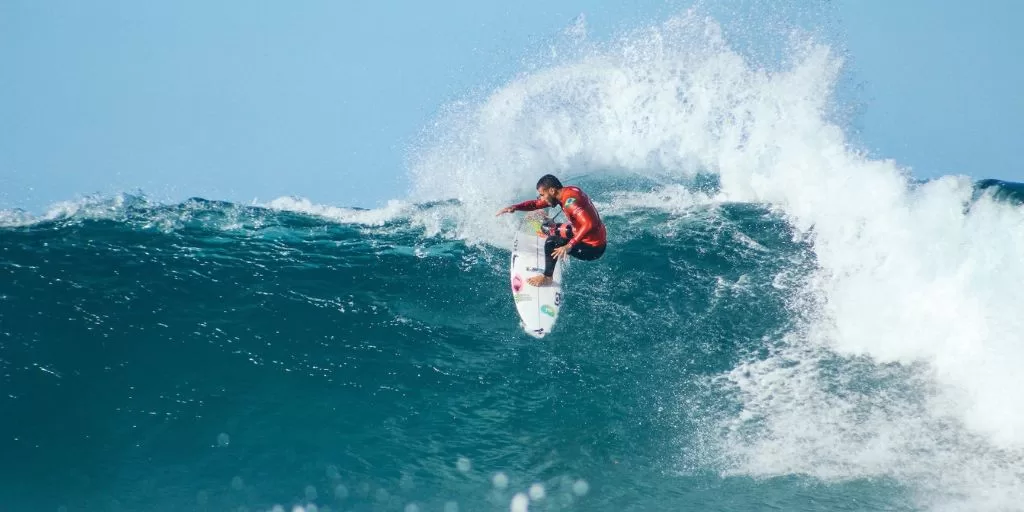What is mental toughness? It’s a quality that separates great athletes from average ones. Mental toughness has been defined as having an unshakable faith in yourself, being able to stay focused during adversity, and finding solutions despite challenging circumstances. I believe it’s one of the most important qualities any athlete can possess. Without strong mental fortitude, no amount of physical training will get you where you want to be.
Today we’ll explore how athletes can develop their mental toughness and take their performance to another level. All successful athletes know that true mastery comes from within; this article will reveal key principles for developing your inner strength so you can conquer whatever challenge stands before you.
Do you have what it takes to become mentally tough? Are you ready to unleash your full potential? Read on to find out!
Table of Contents
- 1 Definition
- 2 Benefits of Mental Toughness
- 3 Developing Mental Toughness
- 4 Strategies to Increase Focus and Concentration
- 5 How to Handle Pressure and Stressful Situations
- 6 Practicing Visualization Techniques
- 7 Nutrition and Exercise for Mental Strength
- 8 The Role of Coaches and Support Systems
- 9 Conclusion
Definition
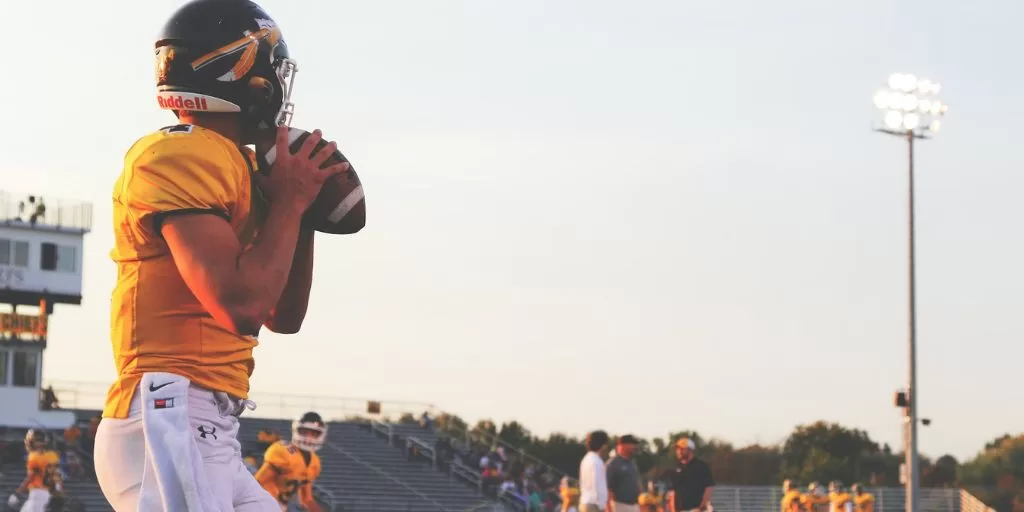
Mental toughness is one of those intangible qualities that can be hard to pin down. What separates the mentally tough from the mentally weak? It’s a tricky question, and it has as many answers as there are people who possess mental strength. In essence, having mental toughness means you have internal fortitude and resilience when faced with challenging situations. You’re able to keep going even in times of adversity. As the old adage goes: “When the going gets tough, the tough get going”.
At its core, mental toughness is about having control over your responses and reactions to difficult circumstances or events. Mentally strong individuals don’t let their emotions take control – they stay composed and focused on their goals no matter what comes their way. This ability allows them to think clearly under pressure and make decisions without getting overwhelmed by negative thoughts or feelings.
In practical terms, being mentally tough requires developing certain habits such as practicing self-discipline, not giving up easily, staying positive despite setbacks, maintaining focus on goal achievement rather than worrying about failures or mistakes made along the way, etc. These habits will enable you to push through challenges more effectively than someone who lacks these traits.
Where does this kind of inner strength come from? Building mental toughness begins by recognizing your own strengths and weaknesses so that you know how best to respond in different situations. With practice and dedication, it’s possible for anyone to develop greater levels of emotional stability which then leads to better decision-making and greater progress toward achieving desired outcomes.
Benefits of Mental Toughness
Having mental toughness is an invaluable asset for any athlete, as the benefits it offers can be life-changing. Not only does having a strong inner game help you to stay mentally resilient and focused during competition or practice, but it also has far-reaching effects on your overall performance.
Here are some of the key ways in which developing greater levels of mental toughness can improve athletic performance:
- Improved Emotional Management – Mental toughness helps athletes to better manage their emotions during challenging situations. This means they will react more calmly and objectively when things don’t go as planned, enabling them to make good decisions quickly without getting overwhelmed by negative thoughts or feelings.
- Increased Confidence – Building mental strength enables athletes to become more confident in their abilities and trust that they’ll perform well no matter what obstacles they may face. As such, athletes with mental toughness tend to approach each challenge with a positive attitude rather than fear or doubt.
- Performance Consistency – Mentally tough athletes have developed habits that allow them to remain consistent even under pressure. They’re able to maintain focus on goal achievement rather than worrying about mistakes made along the way and this gives them an edge when competing against others who lack these traits.
Developing mental toughness isn’t something that happens overnight; it takes time and dedication as well as self-awareness and discipline. For any athlete looking to take their performance up a notch, investing in building one’s internal fortitude just might be the best move they ever make!
Developing Mental Toughness
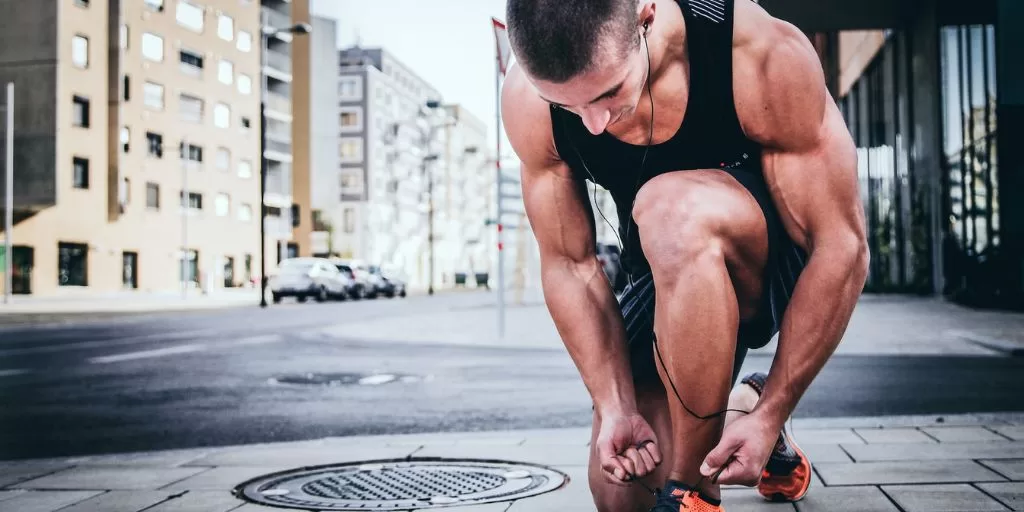
“It’s not the size of the dog in the fight, it’s the size of the fight in the dog” – Mark Twain
Developing mental toughness is an often daunting but incredibly important task for any athlete looking to take their game to new heights. It requires hard work and dedication, but if done right can lead to remarkable improvements in performance.
Here are some key tips on how athletes can go about developing a stronger inner game:
- Mental Strength-Building Exercises – Mental strength-building exercises such as visualization, self-talk, and goal setting are just some of the activities that athletes can use to strengthen their mindsets. These practices help build resilience by teaching focus and discipline, while also providing long-term motivation that will drive you toward your goals.
- Mental Resilience Training – In addition to mental strength-building exercises, engaging in solution-focused resilience training sessions can further develop an athlete’s mental toughness. This type of training should involve simulating high-pressure situations so that one develops effective strategies for dealing with challenges without getting overwhelmed or distracted.
- Mental Strength Coaching – Working with experienced coaches or mentors who have a deep understanding of psychology and sports performance is another great way to bolster one’s internal fortitude. Through constructive feedback from these experts as well as advice tailored specifically for each individual athlete’s needs, coaching can be invaluable when trying to become mentally tougher on the playing field.
No matter what level of competition you’re at, having strong mental muscles can give you a huge advantage over opponents who lack this essential skill set. So make sure you commit time to improving your inner game and watch your athletic career flourish!
Building a Positive Mindset
One of the most important things an athlete can do to become mentally tough is to build a positive mindset. A positive attitude and self-confidence are essential in order for athletes to reach their full potential on the field, court, or track.
If you’re looking to take your game up a notch, then here are some tips for creating mental positivity that will help get you there:
- Visualize Success – Visualization is one of the best ways to instill confidence before any type of competition. Take a few moments each day to visualize yourself succeeding at whatever task lies ahead; this will not only boost your morale but also prepare your mind and body for upcoming challenges.
- Set Realistic Goals – It’s important to set attainable goals so as not to overwhelm yourself with unrealistic expectations. Setting milestones helps keep motivation high while providing tangible evidence of progress along the way. This approach allows athletes to stay focused during training without feeling overwhelmed by lofty aspirations.
- Surround Yourself With Supportive People – Having people who believe in you and support your efforts makes all the difference when it comes time for crunching those extra reps or pushing through that last mile. Find mentors and role models who embody what it means to have the mental strength and strive toward similar achievements as yours; their encouragement could be just what you need on rough days!
When developing a strong inner game, having a positive outlook is key for athletes seeking improved performance levels. Building a solid foundation based on mental toughness requires practice and dedication, but if done right it can lead to remarkable success both on and off the playing field.
Overcoming Setbacks and Failure
The path to success is rarely a straight line and it’s important for athletes to be able to overcome setbacks and failure in order to reach their goals. Mental resilience, strength, and fortitude are key components of any athlete’s journey – without them, progress can halt quickly.
Here are some tips on how you can stay motivated even when the going gets tough:
- Accept Setbacks as Opportunities – It’s easy to get discouraged after a loss or injury but with the right mindset these events can actually become learning experiences that help make us stronger. Don’t let yourself wallow in self-pity; instead, use whatever happened as an opportunity to reflect and grow from your experience.
- Recognize Your Strengths – When things don’t go our way it’s easy to focus solely on what we lack. Instead, take some time out each day to recognize all the amazing qualities you possess that have gotten you this far. Doing so will keep motivation high while helping build mental toughness during times of difficulty.
- Take Time for Self-Care – Taking care of ourselves mentally and physically should always remain a top priority; doing so allows us to stay focused on achieving our goals despite any challenging setbacks along the way. Whether it’s taking breaks throughout your training session or spending quality time away from sports-related activities, self-care is essential for maximizing performance potential over the long haul.
Staying positive amidst adversity requires dedication and practice but having a strong inner game makes anything possible! Mental toughness isn’t something we’re born with; rather it’s something we must cultivate through discipline and hard work if we want to achieve greatness both inside and outside of competition. With enough grit and determination, you too can find success no matter what obstacles stand in your way!
Strategies to Increase Focus and Concentration
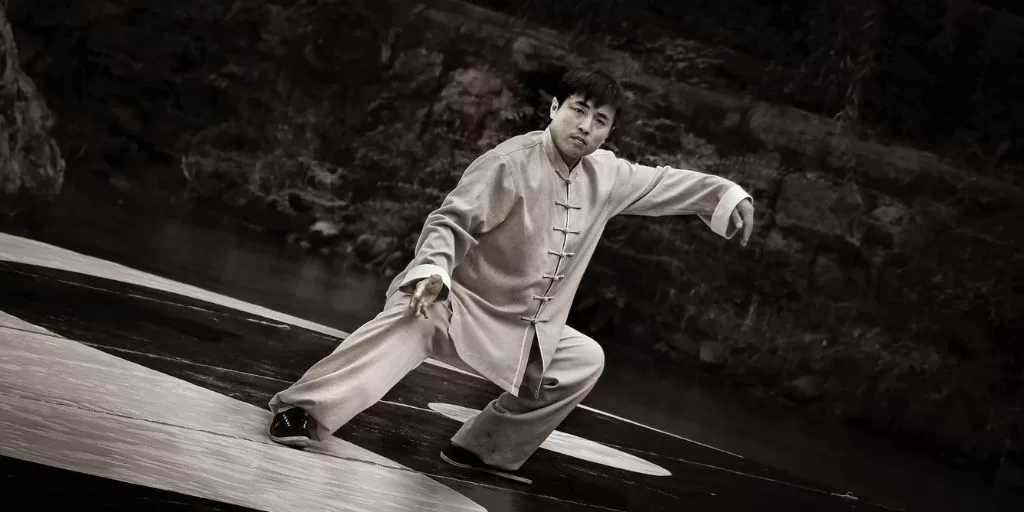
Now that we’ve discussed the importance of developing mental toughness, let’s move on to some strategies for increasing focus and concentration. Whether you’re training for a competition or simply trying to up your game in practice, having a strong mind is key to success.
Here are several techniques you can use to boost your brain power:
- Visualization – Visualization involves creating vivid images in your head of what it would be like if you were already performing at your peak; this helps prime the brain by providing clear direction as well as building confidence before attempting any task. It also allows us to rehearse how we want things to go even when faced with challenges along the way.
- Breathing Exercises – Taking deep breaths during times of stress not only helps reduce anxiety but also improves our ability to concentrate. Deep breathing exercises increase blood flow which then boosts cognitive performance allowing us to stay focused longer.
- Awareness Training – Often times we get lost in thought without realizing it, leading us away from the present moment and diminishing our capacity for focus. Awareness training works by helping us become more mindful so that we can better control our thoughts and remain present thus improving concentration levels.
- Breaking Down Goals – Setting small goals within a larger goal allows athletes to track progress while feeling motivated throughout their journey toward success. Breaking down goals into smaller tasks makes them easier to manage mentally resulting in improved focus and motivation overall.
Tip: As an exercise try focusing on something mundane such as counting backward from 100 or making up stories about everyday objects around you; these activities help sharpen both physical and mental agility which will come in handy no matter what sport you play!
How to Handle Pressure and Stressful Situations
Pressure and stress can be overwhelming for athletes, especially when it comes to performance anxiety. Learning how to handle these situations is an essential skill that all athletes must master if they want to achieve peak mental toughness.
Here are a few techniques you can use to stay calm in the face of pressure:
- Acknowledge Your Emotions – The first step to managing any stressful situation is recognizing your emotional state and allowing yourself to feel what you’re feeling without judgment or criticism. By acknowledging your emotions, you can begin to work through them instead of bottling them up which will only leave you more stressed out down the road.
- Reframe Negative Thoughts – It’s natural for athletes to have negative thoughts but reframing those thoughts into something positive can help boost confidence and reduce stress levels. Instead of thinking “I won’t do well today” try thinking “I am confident I will perform my best today”; this helps shift our focus from fear toward proactive action.
- Focus on Process Goals – When dealing with stressful situations, it’s important for athletes not to get too caught up in the outcome or end result as this often leads to unhelpful rumination about potential failure rather than focusing on strategies that increase success chances. Setting process goals (i.e., staying focused during practice) allows us to break complex tasks into smaller steps thus making it easier mentally manage each task one at a time resulting in improved overall performance outcomes.
- Develop Mental Strength – Lastly, developing mental strength requires practice just like anything else and there are many ways we can go about doing this such as reading inspirational stories, visualizing successes before attempting new challenges, setting achievable daily goals, etc. – all of which ultimately contribute toward increasing our capacity for handling difficult situations with grace and poise while maintaining optimal performance levels throughout!
Practicing Visualization Techniques
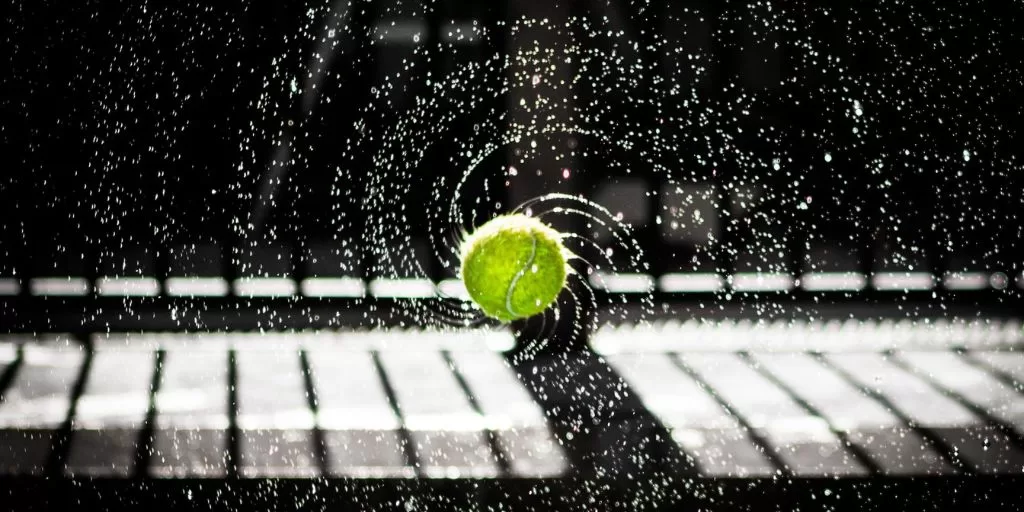
Now that we understand the importance of managing stress and pressure in sports, let’s take a look at how athletes can use visualization techniques to increase their mental toughness. Visualization is a form of mental training where athletes use mental imagery to create positive self-confidence and visualize successful outcomes for themselves. It’s been used by many professional athletes for years as an effective way to prepare for competitions and manage stress levels during intense games or events.
The goal with visualization isn’t just to imagine yourself winning – it’s also about creating images of success on each step along your journey so you stay motivated and focused while minimizing distractions from negative thoughts. This means visualizing every detail such as how it will feel crossing the finish line first or executing a perfect shot on the court; this type of imagery helps build resilience when faced with difficult challenges down the road. Additionally, studies have shown that activities like meditation help sharpen our focus when engaging in visualization exercises which further enhances its efficacy.
Visualization works best when practiced regularly (at least five times per week). The key is finding what works best for you: maybe start out with something simple such as imagining yourself completing tasks without any problems before moving up to more complex scenarios. Remember, practice makes perfect! As long as you keep pushing yourself outside your comfort zone and setting new goals, there’s no limit to what you can achieve through regular visualization sessions.
So if you want to get serious about improving your performance, why not give these techniques a try? With consistent effort over time, you’ll begin noticing positive results both mentally and physically allowing you to better handle whatever life throws at you – on or off the field!
Nutrition and Exercise for Mental Strength
It’s no secret that nutrition and exercise play an important role in strengthening our bodies, but did you know they can also help improve mental strength? That’s right – by taking care of your physical health through proper diet and exercise, athletes can reap the benefits both on and off the field. The goal here is to not only become a better athlete but also to build resilience when facing adversity so you stay focused on success even during tough times.
Here are just a few ways nutrition and exercise help boost mental toughness for athletes:
- Improved Focus – Eating healthy foods like fruits, vegetables, whole grains, proteins, and good fats helps fuel your body with essential nutrients which leads to improved concentration and focus. Exercise has been shown to increase blood flow throughout the brain which further enhances cognitive abilities allowing athletes to make quicker decisions under pressure.
- Increased Confidence – When you look after yourself physically by sticking to a balanced diet and regular workout routine it boosts self-esteem while decreasing anxiety levels. This means athletes will be less worried about how they look or perform leading to more consistent results over time.
- Enhanced Creativity: Not only does proper nutrition provide the energy needed for workouts but it also supports overall well-being including creativity! Regularly exercising encourages new neurons to form which stimulates creative thinking – a must-have for any successful athlete who needs quick problem-solving skills.
These tips aren’t meant as a shortcut; rather they’re simply guidelines designed to give aspiring athletes the tools necessary for improving their mental strength so they can reach their peak performance potential each competition season. So if you want to take your game up a notch then start implementing some positive changes into your lifestyle today!
The Role of Coaches and Support Systems
It may come as a surprise, but coaches and support systems have an equally important role in improving mental toughness for athletes. Sure, nutrition and exercise are essential components of overall physical health, but having the right people around you can make all the difference when it comes to pushing through tough times on the field.
Think about it: while eating healthy foods and exercising regularly will give your body what it needs to perform at its best – coaches and support systems provide the psychological motivation required to stay focused during those moments of doubt. They help keep athletes motivated even when fatigue sets in or negative self-talk creeps into their minds.
But how do they actually do this? Let’s take a closer look:
- Guidance & Advice – Coaches act as valuable sources of knowledge who can offer guidance and advice that helps players set realistic goals for themselves which keeps them from getting discouraged. This is particularly beneficial for young athletes who need extra encouragement along their journey toward becoming top competitors.
- Influence & Support – Support systems such as family members, friends, and teammates also play an important part by providing positive influence and emotional stability which allows athletes to stay resilient no matter what obstacles stand in their way. It’s like having cheerleaders cheering you on every step of the way!
- Improved Performance – Finally, both types of relationships enable athletes to better manage stress levels so they can focus on maximizing performance rather than worrying about mistakes made or external pressures. This leads to improved results over time due to increased confidence and competence on the field.
This kind of relationship dynamic is invaluable because it provides an unwavering source of strength that helps athletes persevere through difficult situations while still finding joy in competing at their highest level possible.
Conclusion
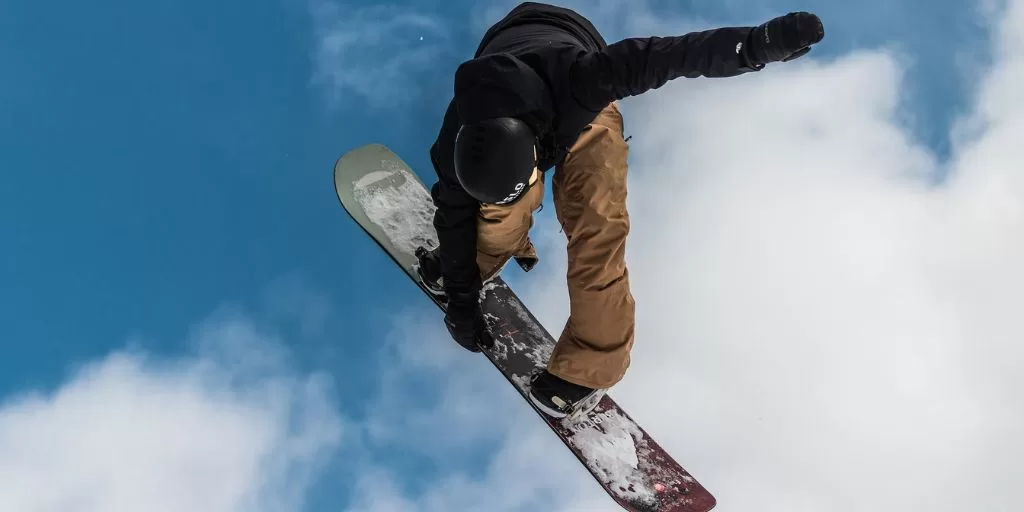
To conclude, mental toughness is an essential component for any successful athlete. It’s not something that comes easy; it takes hard work and dedication to build up the necessary skills and strategies needed to stay mentally strong. A mental toughness coach is a part of the support system and helps create an environment where athletes feel comfortable enough to practice these techniques in order to reach their full potential.
It’s important to remember that failure is part of the journey toward success – so don’t be too hard on yourself if things don’t go according to plan. Learning how to handle pressure and stress will also come in handy when dealing with challenging situations. Visualization techniques are great tools for getting into the right mindset before competing, while proper nutrition and exercise can play a big role in improving your overall mental strength.
In short, cultivating mental toughness requires patience and perseverance – but it’s worth putting in the effort as it could make all the difference between victory and defeat down the line. If you take one thing away from this article let it be this: “Rome was not built in a day”; meaning that sometimes we just have to put our heads down and grind until we find success!

